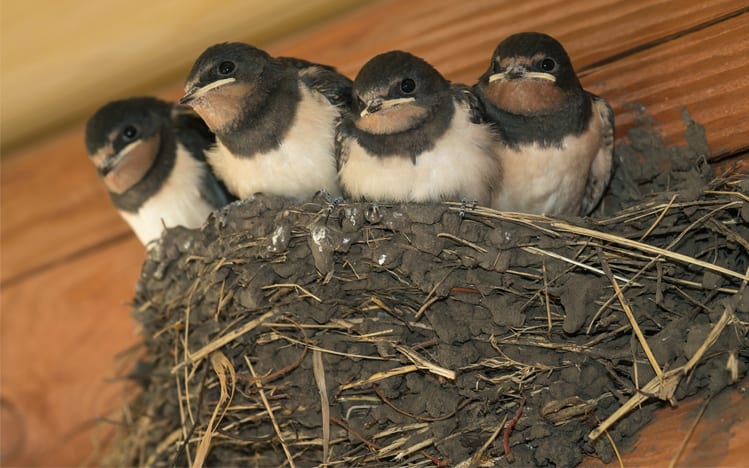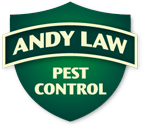
Having Trouble with Protected Birds?
Swallows and house martins, sparrows and starlings… all these birds have one thing in common. They are all protected, which means you cannot remove any nests that you might find in or around your property. Oftentimes, people do not realise they have birds nesting on their property until they see the birds and watch where they fly to. Either that, or the mess they leave behind may become apparent.
If you have realised there are one or more bird nests close by, you won’t be able to do anything about them now. You must leave these nests where they are, since getting rid of them would be against the law. This is covered under the Wildlife and Countryside Act 1981.
Does this mean all nests must stay in place?
You may think you are stuck and must let the birds nest wherever they wish on your property. Since it is illegal to rid your property of these nests, the birds are in charge. Correct? Well… not quite. It is certainly illegal to disturb the nests of any birds if they are active, i.e. if those nests are currently in use. However, while you cannot do anything during the summer months, you can observe and make sure you prepare for the forthcoming winter months. It may seem as if winter is a long way away but preparing now means you will know what to do when the time comes.
Do you need to get rid of nests?
Not necessarily. If they are not causing you any issues, it is usually best to keep them where they are. Birds need to be supported and if we prevent them from nesting, we may be harming their habitat and lifespan, never mind breaking the law.
However, if you are experiencing issues, such as birds getting into your roof space or causing damage there, you cannot do anything about it until winter, by which time the birds will have gone to sunnier climes. Be aware that pigeons may roost all year round, so if you have an issue with these birds, be sure to call in the experts for advice.
Indeed, no matter which birds are making nests on your property – whether in the eaves or in your roof space – expert advice is always the best course of action. They may be able to safely remove unused nests this coming winter, while denying access for the birds in future years.
